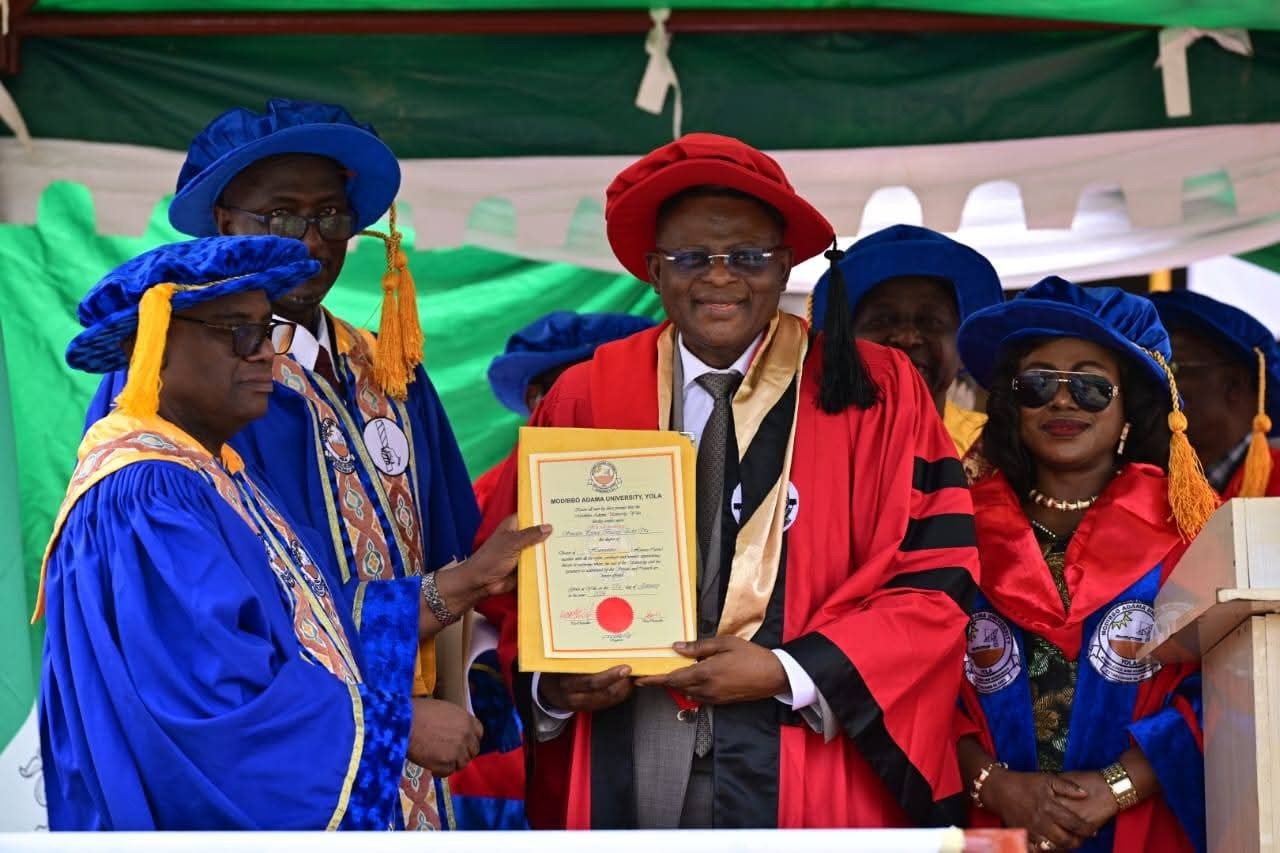
There are days when I sit and think about Cross River, about our story, our politics, our promises. I think about the people who once dreamt of a state that could rise above its size and geography to become a model of civility and grace. I think of Calabar, once the nation’s first capital, a symbol of hospitality and order, and I wonder what went wrong. I think of our youths_ restless, brilliant, but trapped in the rhythm of nothingness; moving in circles around men of power, whispering gossip in place of vision, surviving on the echo of political seasons. And then I think of myself, and the uncomfortable truth that I, too, have eaten from that table.
Much of what I know, much of what shaped me, came from the generosity of politicians, men and women who, in moments of convenience, extended a hand. But in every act of generosity, there was always a shadow: the quiet reminder that one must not question too loudly, that gratitude can become a leash. For a while, I thought it was normal, that politics was a legitimate trade, a way of survival. Until I realized that in Cross River, politics had ceased to be a means to service; it had become the only means to existence.
Our political class has perfected the art of stagnation. It is a theatre of the familiar; the same actors, the same lines, different costumes. The system is designed not for innovation but for inheritance, not for progress but for preservation. Each election season becomes a ceremony of hope and betrayal; the youths volunteer as praise-singers and media aides, worshippers at the altars of patronage. And when the drums fall silent, they return to their empty rooms, waiting for another cycle of promises.
I have seen how this works. The shows of loyalty, the petty rivalries, the endless struggle to remain relevant in the eyes of a benefactor who is himself a captive of another benefactor. It is a food chain of cynicism, and everyone feeds on everyone else’s despair. To be young in Cross River politics is to be taught that idealism is foolishness and that conviction is too expensive a luxury.
But I have also seen the other side, the quiet offices where technocrats are ignored, the forgotten policy papers that could have changed lives, the honest civil servants who are sidelined for not knowing how to kneel. There is no incentive for intellect in a state where the coin of value is loyalty, and the measure of wisdom is how long one can wait at the gate of power.
Yet, I cannot entirely blame them, the politicians, I mean. They, too, are trapped in the machinery they built. Many of them are afraid. Afraid to question the Governor, afraid to lose favour, afraid of the whispers that come when you stand alone. Our opposition has become a ghost, translucent and timid, existing only as a rumour. The last time a man tried to challenge the system, he returned home singing the ballads of his tribe, turning campaign grounds into classrooms of ethnic nostalgia.
We are, as a people, at the ebb of political civilisation. Our cynicism has begun to eat us from within; quietly, methodically, until we no longer recognise the smell of decay. And yet, there is something stubborn in the human spirit that refuses to die. Perhaps it is that same stubbornness that makes me write this.
We must, somehow, shake off this defeatism. We must refuse to be a generation that worships proximity to power instead of the pursuit of purpose. We must learn again to ask questions; hard, uncomfortable questions; about how we got here, and what it would take to begin again.
Nature does not defeat itself, and history does not forgive silence. Cross River deserves more than the politics of survival; it deserves statesmanship, imagination, and courage. It deserves a generation that will no longer kneel before the gods of patronage but will stand, even alone for the idea of a better tomorrow.
Because one day, posterity will call our names not to ask how much we received, but what we refused to become.
Victor Egba Esq, writes from Calabar .












